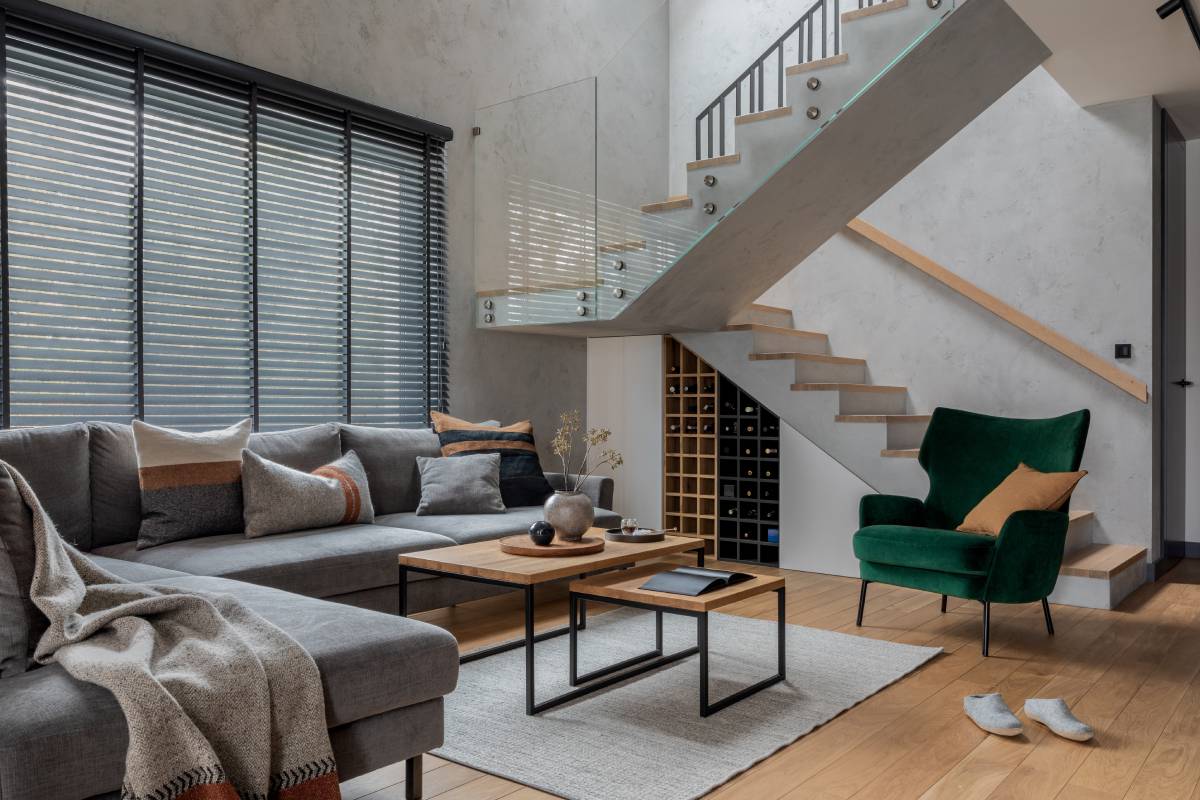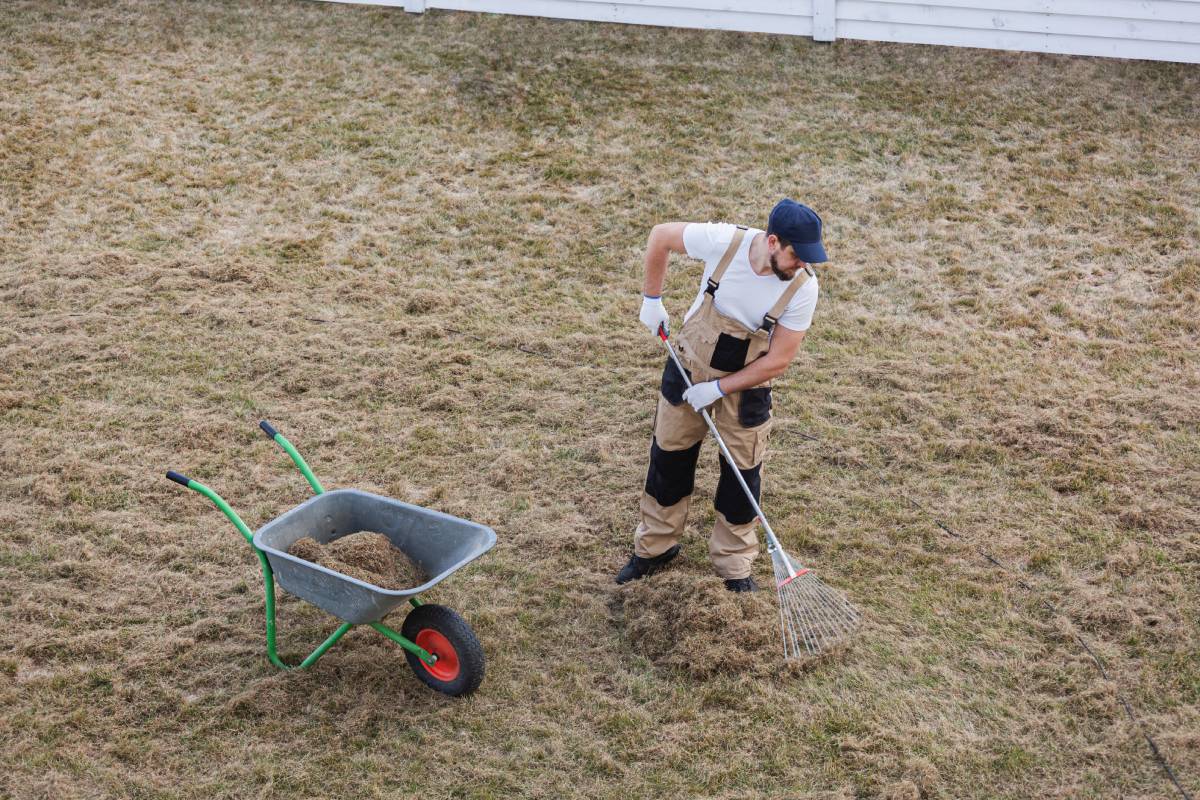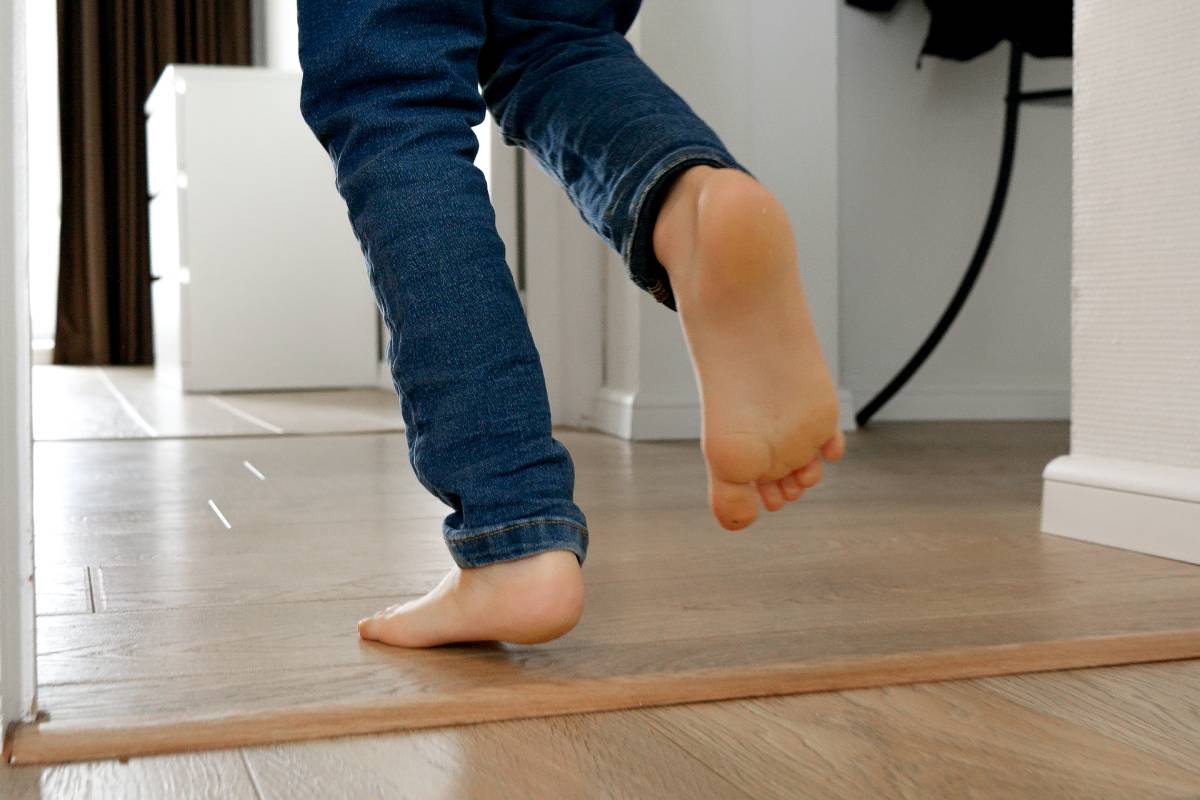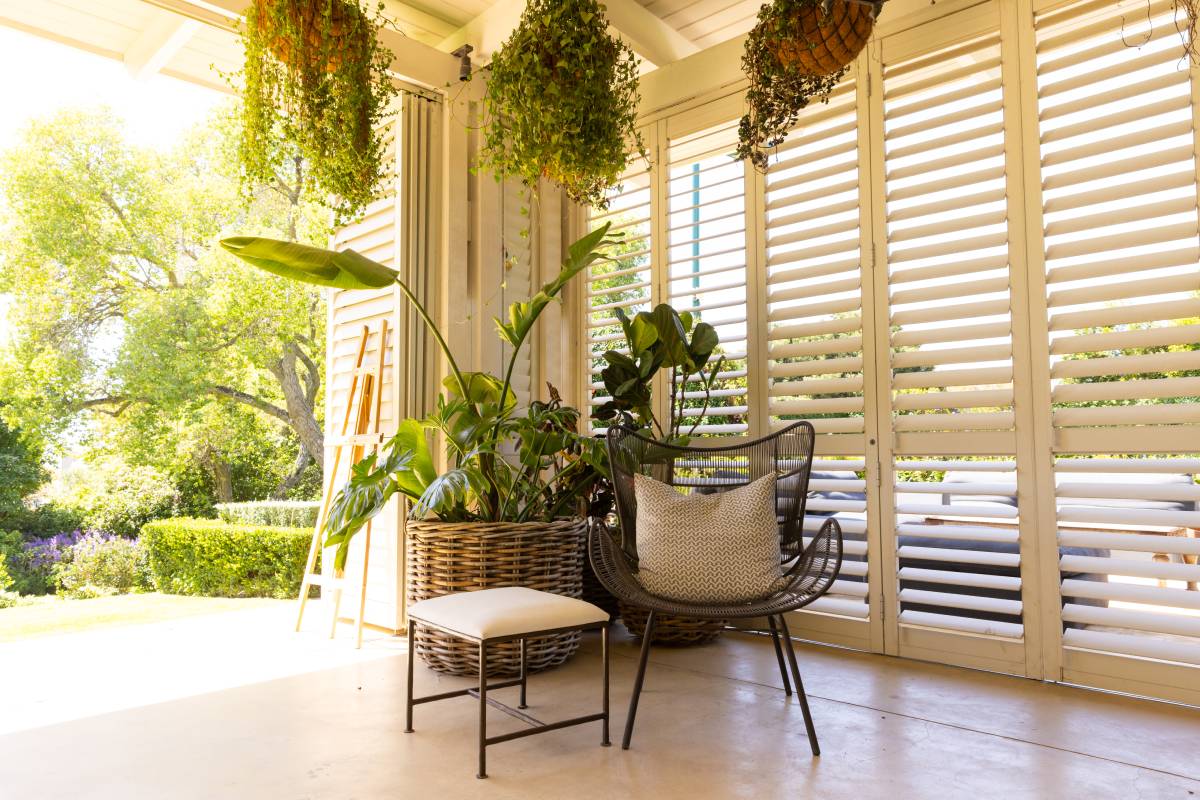
Choosing a place to live is one of the most significant decisions people make, and with countless options available, it can be difficult to determine the ideal living situation. Among the many types of housing, duplexes have become an increasingly popular choice for both renters and homeowners. These versatile properties, consisting of two separate living units within one building, offer a unique blend of benefits that appeal to a wide range of lifestyles.
From affordability and privacy to the potential for extra income, living in a duplex can be an excellent alternative to traditional apartments or single-family homes. However, like any housing option, duplexes come with their own set of challenges. In this article, we’ll explore the advantages and disadvantages of living in a duplex, helping you decide if it’s the right choice for you.
What is a Duplex?
A duplex is a residential structure divided into two distinct living units, each with its own entrance, kitchen, bathroom, and living spaces. These units may be stacked on top of each other, with one on the ground floor and one on the second floor, or they could be side by side.
Duplexes can be found in urban, suburban, and rural settings, and they can either be rented or owned. While they might share some similarities with townhouses or apartment buildings, duplexes tend to offer more privacy and space. The design of a duplex is intended to provide the benefits of single-family homes but at a more affordable price point.
Advantages of Living in a Duplex
Affordability
One of the primary advantages of living in a duplex is cost savings. When compared to single-family homes in the same area, duplexes often come with a significantly lower price tag. This can make them an attractive option for first-time homebuyers or individuals looking for a budget-friendly living situation.
Additionally, duplexes may offer lower property taxes than larger single-family homes, which can help reduce monthly expenses. Renters also benefit from affordability. Renting a duplex can often be cheaper than renting a single-family home or apartment, especially when you factor in the potential for lower utility costs and shared maintenance responsibilities.
Additional Income Potential
For homeowners, owning a duplex can offer a unique opportunity to generate passive income. One of the two units can be rented out to tenants, effectively covering the mortgage or generating extra cash flow. This can make duplex ownership an attractive investment opportunity for people looking to build wealth through real estate.
On the other hand, if you’re renting a duplex, you may appreciate the possibility of living in a quieter environment compared to a more crowded apartment building, and the landlord may also live in the other half of the duplex, offering a more hands-on approach to property management.
Increased Privacy
While duplexes involve living close to neighbors, they generally provide more privacy than apartments or condos. Since duplexes are typically divided into two separate units, each with its own entrance and living space, you don’t share common areas like hallways, elevators, or laundry rooms with other residents. This separation can offer more control over your space and reduce the chances of disturbances from neighbors.
If you live in a side-by-side duplex, the wall between you and your neighbor might not be as thick as in an apartment, but the layout still tends to offer more privacy compared to shared buildings. Duplexes can also have individual backyards or outdoor spaces, which allows for more secluded outdoor enjoyment.
Energy Efficiency with Solar Panels
Duplexes with solar panels offer reduced electricity bills and a smaller environmental footprint. For homeowners, they boost property value and appeal to eco-conscious tenants. Renters can also enjoy lower utility costs without bearing the upfront installation expenses.
Space and Layout
Duplexes are generally larger than apartments, offering more space for residents. The extra square footage can translate into larger bedrooms, living areas, and kitchens. The separation between the two units in a duplex may also allow for a more customized layout, especially if the units are designed as two-story homes. You could have more flexibility with your living space, making it more suitable for families, roommates, or individuals who need additional room for hobbies or work.
Moreover, duplexes can provide extra storage space, and the possibility of having a garage or driveway can be a big plus, especially for people with vehicles. Many duplexes also come with private outdoor spaces, such as backyards, gardens, or patios, offering even more opportunities to stretch out and enjoy your surroundings.
Community Feel
Some people find that living in a duplex offers a sense of community that is often missing in larger apartment complexes or residential areas. The proximity to a neighbor, especially if you’re sharing the same building, can foster a sense of connection and support. This can be especially appealing for people who enjoy being part of a smaller, more intimate community.
Additionally, because duplexes are often located in residential neighborhoods, they may be situated near schools, parks, or other amenities that can help build community ties.
Flexibility in Ownership and Rental Options
Duplexes provide homeowners with more flexibility compared to traditional single-family homes. For instance, owners can choose to live in one unit and rent out the other for extra income. Alternatively, both units can be rented out to tenants, making the duplex an investment property.
If you’re renting a duplex, the arrangement can also offer flexibility. You may have more say in how your living space is maintained or customized, and the landlord may be more accessible than the management company of a large apartment complex.
Disadvantages of Living in a Duplex
Shared Walls and Noise
One of the main drawbacks of living in a duplex is the potential for noise. Since duplexes often involve shared walls, noise from neighbors can become a significant issue.
This is especially true if the walls aren’t well-insulated. Loud music, conversations, or even footsteps can become more noticeable when you’re living in close proximity to another household. While duplexes typically offer more privacy than apartments, the soundproofing can be a concern.
Maintenance and Repairs
Though duplexes often have lower maintenance costs than single-family homes, homeowners may be responsible for maintaining both units and any shared areas. This can be a significant time and financial commitment, especially if you own both halves of the duplex and are renting out one side.
Renters may also have to contend with issues related to the maintenance of common spaces or areas that affect both units, such as shared driveways or outdoor areas. These areas may not be as well-maintained as those in a stand-alone home, especially if the landlord isn’t as attentive.
Limited Control Over Neighbors
While living in a duplex offers more privacy than an apartment, you’re still close to neighbors who may not always be considerate. In a traditional neighborhood, you can sometimes distance yourself from people with whom you don’t get along. In a duplex, however, your neighbor is essentially part of your home environment, and managing that relationship can be tricky. Conflicts over noise, property lines, or maintenance can arise more easily than in a traditional single-family home.
Limited Outdoor Space
Although many duplexes come with private yards, they can be smaller than those of single-family homes. The outdoor area might also be shared between the two units, limiting your ability to enjoy outdoor activities or customize the space. If you’re someone who enjoys gardening or needs a large backyard for pets or children, a duplex might not provide the space you require.
Less Control Over Property Decisions
When you live in a duplex, you may have limited control over decisions regarding property maintenance, repairs, or upgrades. In some cases, your neighbor (or the landlord if you’re renting) may have a say in what changes are made to the property. If you own both units, this issue is less of a concern, but if you’re renting one side, your ability to personalize the space might be limited.
Conclusion
Living in a duplex can be a great choice for many people. It offers affordability, privacy, space, and the potential for rental income, making it an attractive option for first-time homebuyers or renters looking for a more community-oriented living situation.
However, there are trade-offs to consider, particularly with regard to noise, maintenance responsibilities, and potential conflicts with neighbors. Ultimately, whether a duplex is right for you depends on your lifestyle, budget, and the specific features you value in a home. By weighing the advantages and disadvantages, you can determine if living in a duplex aligns with your long-term goals and needs.














